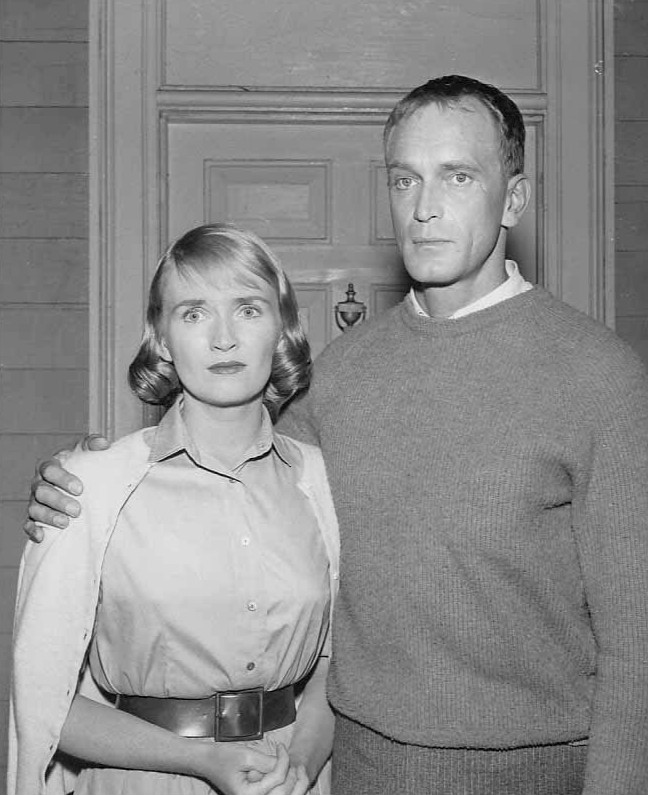How this Grand Experiment Might End
I'm tempted to close my eyes, flip through a dictionary and put my finger on a random word. That single word will be my next Facebook post. I suspect that this single word, no matter what it is, will be enough to trigger a political argument between vocal representatives of the two prominent political teams hurling factually spurious darts and arrows at each other, neither of these teams stopping to consider why  people on the other side say those "disagreeable" things. Neither of them will want to take the time to put forth any effort to put the other side's best foot forward before responding. Neither of them will feel compelled to treat members of the other "team" like the human beings they are. Many of them will feel reluctance to ever say the following three magic words, "I don't know." The participants will be oblivious to the fact that many of their own self-evident "truths" are rickety, distorted within the comfy social warmth of their team's moral/political matrix.
people on the other side say those "disagreeable" things. Neither of them will want to take the time to put forth any effort to put the other side's best foot forward before responding. Neither of them will feel compelled to treat members of the other "team" like the human beings they are. Many of them will feel reluctance to ever say the following three magic words, "I don't know." The participants will be oblivious to the fact that many of their own self-evident "truths" are rickety, distorted within the comfy social warmth of their team's moral/political matrix.
I often feel like I'm trapped in the Twilight Zone episode, "The Monsters are Due on Maple Street," where all it took was a few random flickering lights to cause suspicions to ignite, leading neighbors to hate each other and physically attack each other. This episode of Twilight Zone, like so many other excellent episodes, was written by Rod Serling, who ended the show by reading this passage:
The tools of conquest do not necessarily come with bombs and explosions and fallout. There are weapons that are simply thoughts, attitudes, prejudices...to be found only in the minds of men. For the record, prejudices can kill...and suspicion can destroy...and a thoughtless, frightened search for a scapegoat has a fallout all of its own – for the children and the children yet unborn. And the pity of it is that these things cannot be confined to the Twilight Zone.
Fast forward to a 2016 TED talk featuring moral psychologist, Jonathan Haidt, who stated:
We're really, really good at justifying ourselves. And when you bring group interests into account, so it's not just me, it's my team versus your team, whereas if you're evaluating evidence that your side is wrong, we just can't accept that.So this is why you can't win a political argument. If you're debating something, you can't persuade the person with reasons and evidence, because that's not the way reasoning works.
Why do so many of us treat opportunity to communicate online with each other like a vicious game when our country's existence is at stake?

